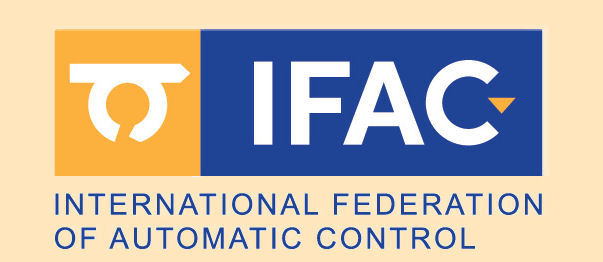| Paper MoBT3.4
Yuan, Junkai (Shandong University of Technology), Shao, Jinju (Shandong University of Technology), Li, Xunyi (Shandong University of Technology), Ying, Kangjian (Shandong University of Technology)
Speed Planning and Energy Optimal Control of Hybrid Electric Vehicles Based on Internet of Vehicles
Scheduled for presentation during the Invited session "Special session on benchmark challenging (1)" (MoBT3), Monday, August 23, 2021,
17:30−17:50, Room T3
6th IFAC Conference on Engine and Powertrain Control, Simulation and Modeling, August 23-25, 2021, Tokyo, Japan
This information is tentative and subject to change. Compiled on April 20, 2024
|


 This site is protected by copyright and trademark laws under US and International law.
This site is protected by copyright and trademark laws under US and International law.